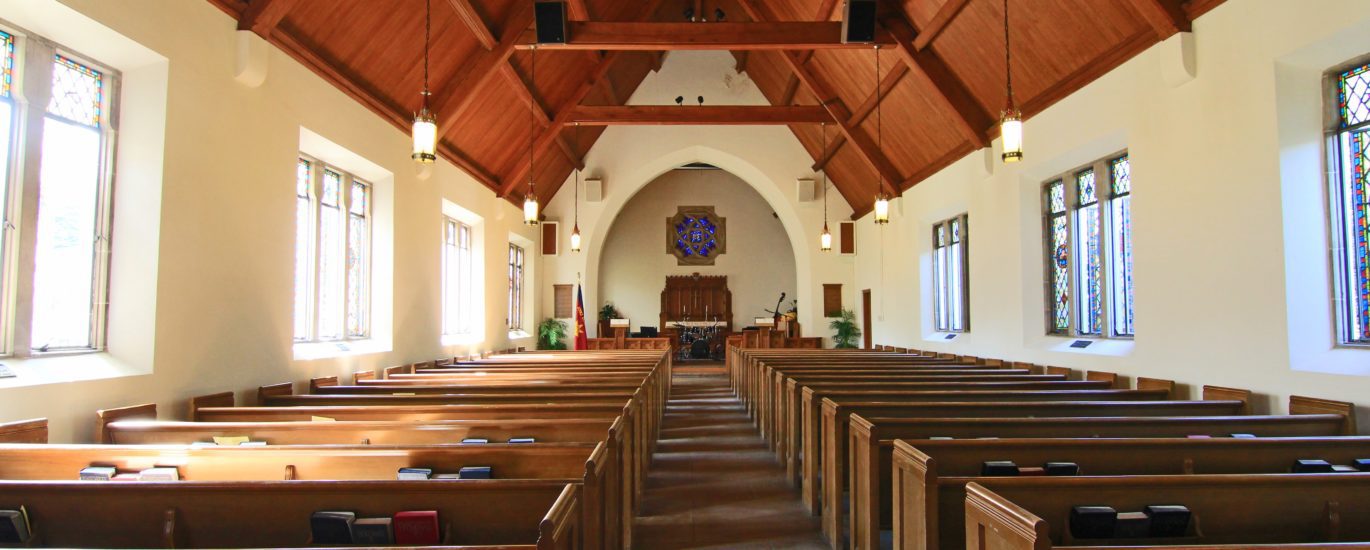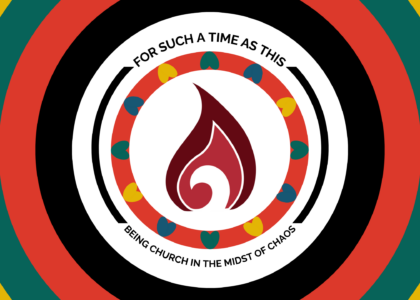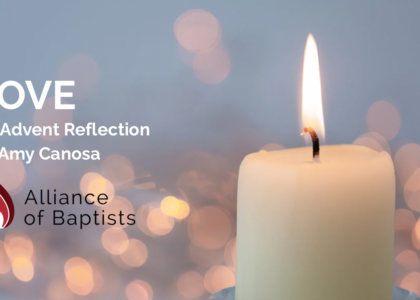By Anna Hall
In my consulting, research, and assessment work with churches through Convergence, I spend a lot of time getting to know individual congregations alongside reviewing the most current research on the state of churches in general nowadays. This work often brings me face to face with some stark contrasts:
- Participants love their churches and give sacrificially of their time and money to sustain them. Yet, participants are often harming each other due to anxiety and conflict.
Even the most conflicted and struggling churches I work with demonstrate many good things, such as:
- A strong desire to remain a worshiping community.
- A passion for helping others and working for justice.
- Thousands of collective hours spent volunteering in their local community.
- A strong majority of participants who care enough about their congregation to take part in our intensive assessment process.
How can we hold these tensions in a way that helps us understand churches in 2023?
Congregations are incredibly important to those who participate. So important, in fact, that participants are constantly worrying if their church is healthy and if it will survive. This worry creates insecurity about their impact and role in the community. It also creates insecurity about the future that can lead to conflicts and challenging behaviors. Some of these behaviors cause real harm to those involved.
Is there another way of thinking about church in 2023 that could cause less worry and less harm?
I think so. What if:
- We stepped away from consumerist and capitalist notions about what makes a church successful (more participants, more young people, more programs, more money) and walked toward God’s economy that is measured in love and justice?
- We accepted and loved our congregation just as it is, in this time, in this place, and stopped worrying about what will happen to it in 10 years?
- We believed that God has a call for our church, no matter how few we are, no matter how old we are, and we worked hard to listen, understand, and live it out?
Does any of this sound like good news to you? If so, I’d love to hear from you. You can reach me at anna@convergenceus.org to join me in conversation about what it means to be church today.

Rev. Dr. Anna Hall is the Director of Research and Development for Convergence, a nonprofit consulting organization that works with churches across denominations and traditions to help them live into God’s call for their futures. She is also a member of Oakhurst Baptist Church in Atlanta, Ga, an Alliance of Baptists partner congregation.





Recent Comments